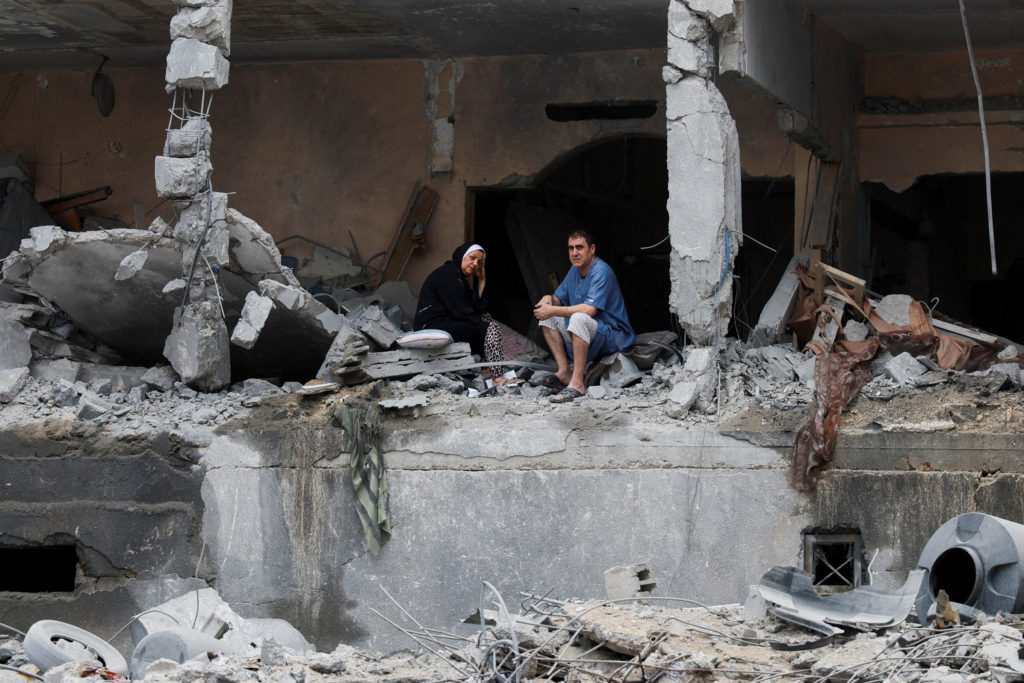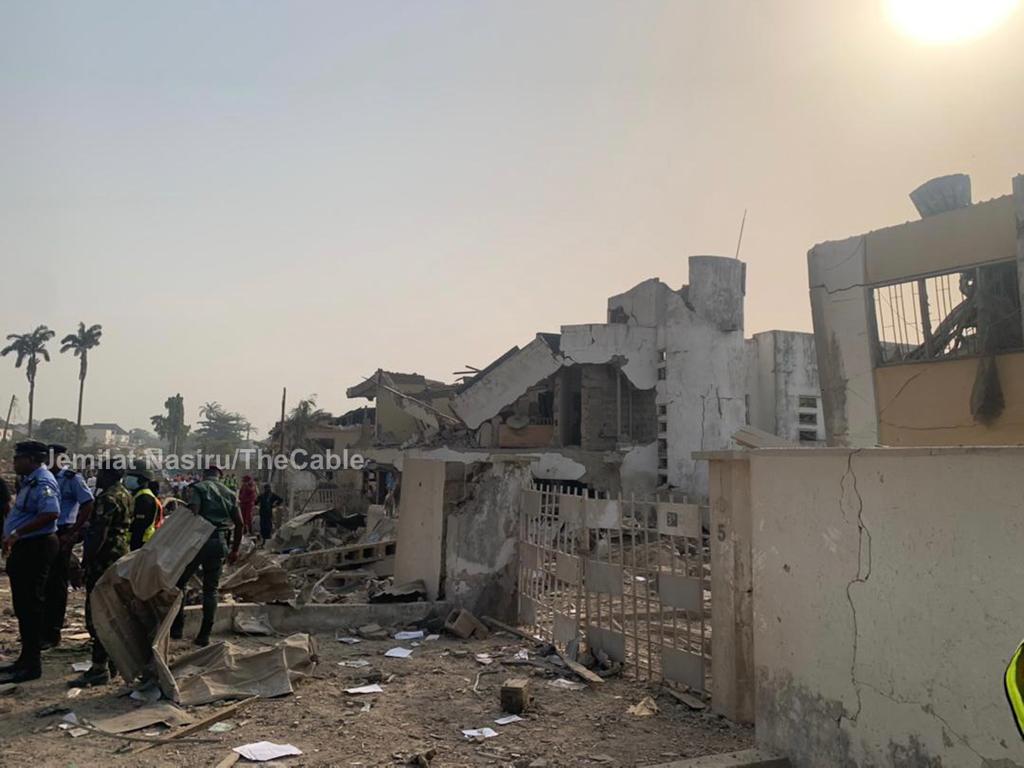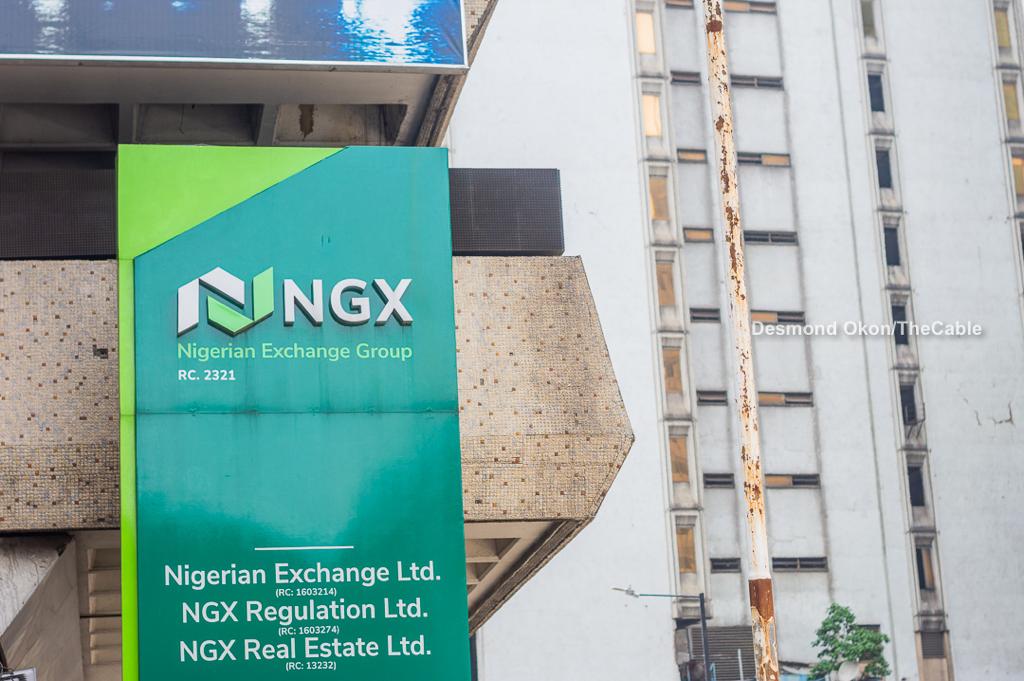Palestinians sit among the rubble of a damaged residential building, in the aftermath of Israeli strikes, in Gaza City, October 10, 2023. REUTERS/Mohammed Salem TPX IMAGES OF THE DAY
In many global conversations, Africa and the Middle East are often linked together as one region. History says these areas have been connected through trade, migration, and conquest, leading to the blending of their cultures and societies and, to a large extent, influencing geopolitics.
In fact, the Middle East and North Africa (MENA) are grouped as a region in the world and are situated in a strategic location that connects Europe, Sub-Saharan Africa, Central Asia, and South Asia. It covers African countries like Egypt and Algeria, as well as Western Asia’s Iran, stretching as far as Turkey, an intercontinental country seated in Asia and Europe.
A few other countries captured in this region include Israel, Syria, Lebanon, Sudan, Cyprus, Libya, Saudi Arabia, Qatar, Yemen, etc.
This interwoven history and geography mean that events in one corner of the MENA often echo across the entire expanse and could spill into neighbouring nations. Recent developments across the region make this realisation fearful.
Advertisement
On October 7, the age-long tensions between Israel and Hamas, the Palestinian militant group, reached a crescendo.
Hamas crept into Israel from the Gaza Strip and launched an unprecedented attack through the air, land, and sea. According to Israeli figures, over 1,200 people and at least another 200 were taken hostage.
Hamas labelled the attack “Operation Al-Aqsa Storm” and claimed it was planned for two years. According to Hamas’ top commanders, more than 5,000 rockets had been launched into Israel in retaliation for the country’s “desecration” of the Al-Aqsa Mosque in Jerusalem and the killing of hundreds of Palestinians.
Advertisement
The scale and bravery of the attacks stunned not only Israel but the rest of the world. In a statement following the invasion, the Israeli Defence Forces (IDF) said it had declared “a state of alert for war”. Benjamin Netanyahu, Israeli prime minister, said the war would not stop until Israel annihilates the militant group.
So far, the Hamas-run health ministry in Gaza has pegged the death toll at over 20,000.
Although Israel has started withdrawing some of its troops from the enclave, Daniel Hagari, Israeli military spokesperson, said it was because “the Israeli economy can function” and “families who are waiting for their loved ones can return to their routines”, but said the decision should not be mistaken for surrender.
Hagari said some of the troops pulled out of Gaza in the south would be prepared for rotation to the northern border with Lebanon, where Hezbollah has been exchanging fire with Israel in solidarity with the Palestinians.
Advertisement
Israel warned that, if Hezbollah does not back down, a full-on Lebanon war looms.
Both Hamas and Hezbollah are backed by Iran, whose militant allies in Syria, Iraq, and Yemen have also been carrying out longer-range attacks against Israel.
On January 2, Arouri, deputy head of the political bureau of Hamas, was killed by a drone strike in Beirut, Lebanon’s capital.
Although Israel has not claimed responsibility for the attack, there are concerns that the incident could worsen the already fractured relationship with Lebanon and risk extending the war with Hamas to other parts of the region.
Advertisement
PROXY WARS IN AFRICA
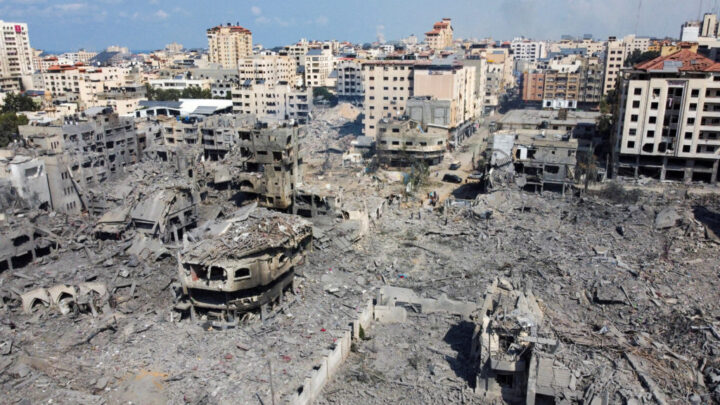
Although Hamas is a Palestinian militant group, most of its leaders do not reside in Palestine. Ismail Haniyeh, widely considered Hamas’ overall leader, has lived in Qatar for several years.
Advertisement
Khaled Meshaal, said to be one of the founders of the militant group, lived in Jordan before moving to Qatar. Meshaal only visited the Gaza Strip, where Hamas actively runs its operations, for the first time in 2012.
Other Hamas leaders have been touted to settle in Algeria, Lebanon, and Iran.
Advertisement
Sani Usman, former army spokesperson, expressed concerns that the uncertainty of the militant leaders’ locations could trigger conflicts in places associated with them — including African countries.
“The number two Hamas man was killed in Lebanon, not Palestine. A lot more could be scattered elsewhere,” Usman told TheCable.
Advertisement
“So, we will have proxy conflicts and you know what the copycat syndrome does. There could be more terrorists and suicide bombings, and what have you.
“We have had instances where mosques were attacked, embassies were attacked, and so on. If they cannot go to those countries, they will look for the most vulnerable parts where the security is not as tight as it is in Europe or Asia.”
Usman said other countries subtly involved in the war, like Iran, could take advantage of the situation and use armed groups to achieve certain objectives in other countries.
“Because of this, we could see an increase in the supply of weapons and the deployment of terrorists to go and fight some other people’s war,” he said.
“So, there is that kind of effect. It would be better if these conflicts were mitigated.”
INCREASED RELIGIOUS TENSIONS
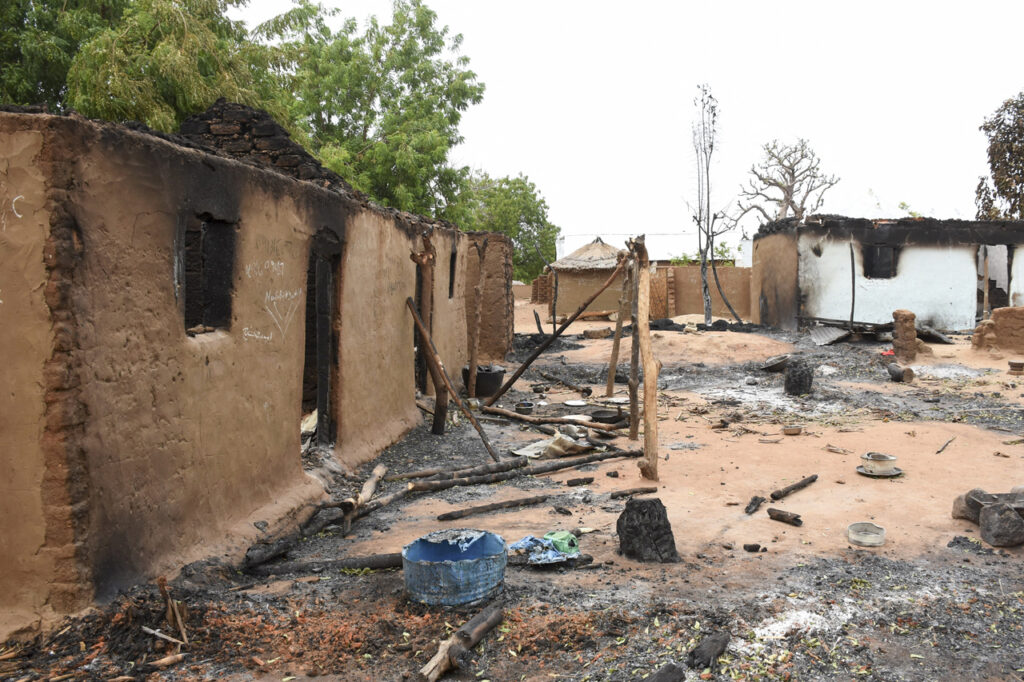
According to Kenneth Nwoko, professor of African history and international relations at Mcpherson University, Ogun, another likely consequence of the brewing conflicts in the Middle East among African nations is heightened religious tensions.
The Middle East is regarded as the birthplace and spiritual centre of the two most popular religions in Africa, Christianity and Islam. As the war progresses, some countries have naturally picked sides depending on where their faith aligns.
For example, Muslim-dominated countries like Tunisia and Algeria have strongly condemned Israel’s “brutal attacks” on Palestine, while Christian-dominated nations that sympathise with the Jewish faith say Israel has the right to defend itself from “terrorism”.
Countries like Nigeria, however, that hold an almost equal percentage of both Muslims and Christians have remained neutral in the war, urging both sides to “exercise restraint” and “prioritise the safety of civilians”.
Nwoko said such neutrality in a country that is so deeply and religiously divisive should not be taken at the surface level.
“You know most of the things that happen in the subregion have a way of putting some sort of trouble in Nigeria,” he said.
“If you remember very well, the Miss World Pageant that was held in Nigeria was cancelled because of the backlashes that had religious foundations. Some of them have caused problems in the country, especially in northern Nigeria
“So, in the months to come, we are likely to see an eruption, especially in Nigeria, by Islamic fundamentalists that approve the Hamas movement, and we are also likely going to see more killings of Christians.
“Don’t be surprised that the killing of Christians in Plateau state, even though we know it has been an ongoing thing, could have something to do with the perceived killings of Muslims by Israel in the Middle East,” the professor said, referencing the attacks that led to the deaths of over 115 people on Christmas eve.
For the other African countries, Nwoko said more inter-country divisions could arise owing to religious biases.
DIVERSION OF FOREIGN AID
Many African countries have been impacted by the food and fuel inflation pressures that followed the war in Ukraine.
Nwoko said donor countries that have provided aid to African nations may begin to rethink their priorities, especially in situations where their stronger allies need their support.
“Some of the friends of Africa, most of them that send us aid, may likely reduce it and re-channel it to the increasing humanitarian and security situations in the world,” the professor said.
“Because I don’t see Israel relenting until they achieve their political objectives. Africa is likely going to share the aid they get with the Palestinian people.”
Countries that are neutral and “business-minded” like China and Russia, according to Usman, may continue to look out for themselves and act in their best interests even if they continue to give out assistance.
But if the conflict hurts their economies, they may reconsider their aid.
